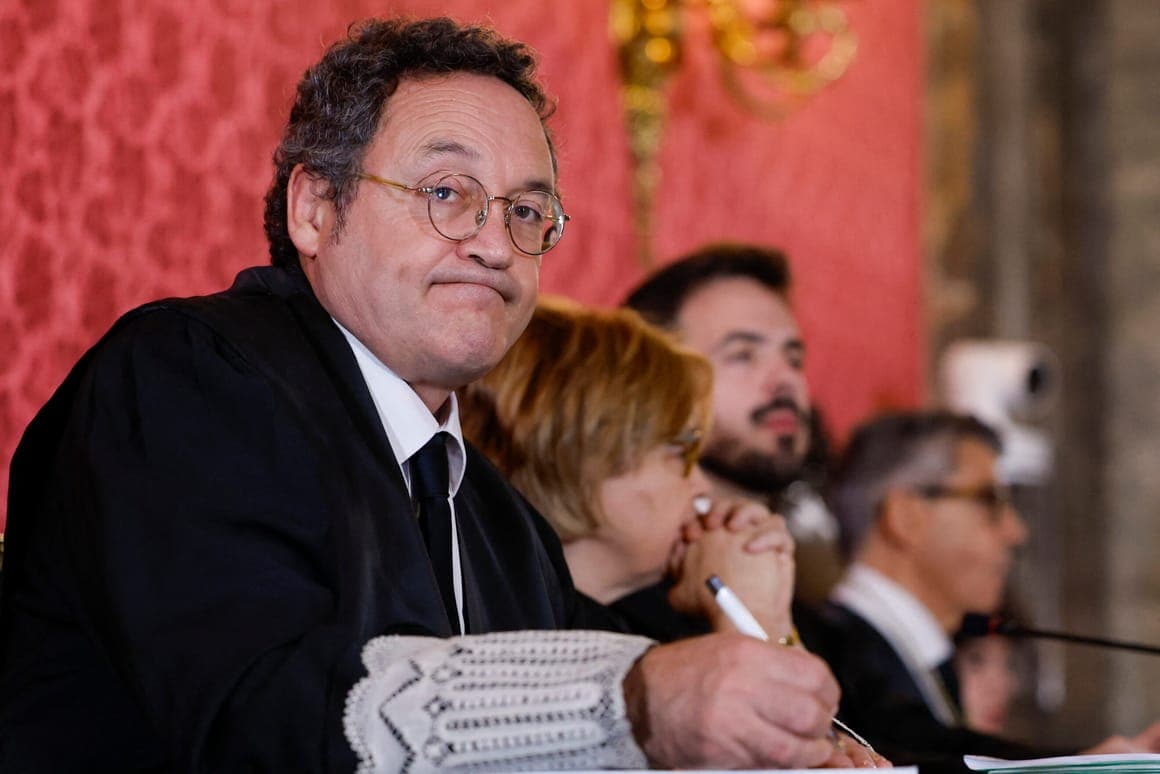Spain attorney general resigns after Supreme Court guilty verdict over leak
Spain's attorney general Álvaro García Ortiz resigned on November 24, 2025 after the Supreme Court found him guilty of leaking confidential information in a tax fraud investigation tied to the partner of a leading opposition politician. The decision, which includes a two year suspension and orders for fines and damages, presents a sharp political setback for Prime Minister Pedro Sánchez's coalition and raises questions about the independence of Spain's top prosecutorial office.

Álvaro García Ortiz stepped down as Spain's attorney general on November 24 after the country's Supreme Court delivered a guilty verdict in a case that centered on the disclosure of confidential material from a tax fraud probe involving the partner of a prominent opposition politician. The court suspended García Ortiz from his duties for two years and imposed financial penalties and damages, prompting his resignation in a letter to the justice minister in which he said he would step down out of respect for the judiciary while indicating he may pursue an appeal.
The resignation comes after months of intense scrutiny over the handling of sensitive investigations and the role of the attorney general's office in politically charged cases. García Ortiz's removal from office is the most visible repercussion to date and has immediate institutional and political consequences. The government, which had defended García Ortiz throughout the proceedings, said it respected the Supreme Court's decision though it did not share it. The formal acceptance of the resignation and the selection of a successor will proceed according to the Council of Ministers' procedures.
For Prime Minister Pedro Sánchez's coalition the episode represents a significant political blow. García Ortiz had been positioned as a senior legal figure whose decisions had broad implications for corruption probes and other high profile matters. Opposition leaders are expected to press the government on oversight and accountability, arguing that the conviction confirms long standing concerns about the politicization of prosecutorial decisions. Supporters of the government will face difficult questions about vetting and the degree of political influence over judicial and prosecutorial institutions.

Beyond domestic politics, the case is likely to draw attention from European observers who monitor rule of law standards in member states. Spain has weathered previous disputes over judicial independence and the impartiality of institutions, and a conviction of the attorney general for leaking confidential material will feed into ongoing discussions in Brussels and among legal scholars about safeguards for prosecutorial autonomy. The outcome of any appeal will also shape how domestic and international actors assess the resilience of Spain's legal frameworks.
Practically, the suspension means that García Ortiz cannot resume his duties unless the courts overturn the ruling on appeal. The damages and fines levied by the Supreme Court add a financial consequence to the professional and political fallout. The government must now manage the replacement process while attempting to stabilize its standing with voters and allies. How the coalition navigates the appointment of a new attorney general, and whether that appointment will be perceived as independent, will be a litmus test for Spain's commitment to separating executive influence from prosecutorial functions.

